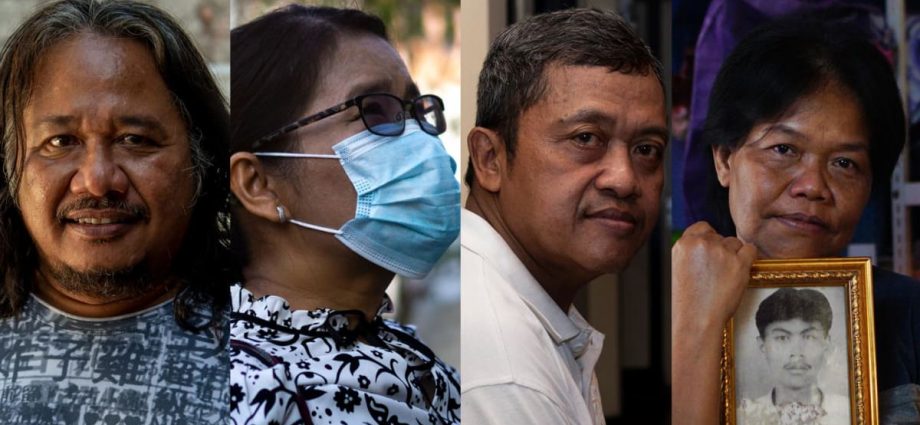
BALI, Indonesia: As I Dewa Ketut Widia Putra’s car made its way through Legian Road, a narrow one-way thoroughfare in the popular tourist area of Kuta in Bali, traffic had ground to a standstill.
It was a Saturday night and Legian, a stretch known for nightclubs, bars and souvenir shops, was packed with tourists.
Unbeknownst to him, a suicide bomber armed with 1kg of explosives hidden inside his backpack had walked into a crowded pub called Paddy’s. He detonated the bomb just after 11pm on Oct 12, 2002, killing several people instantly and knocking out a nearby electricity pole.
Seconds later, another more powerful bomb exploded, this time from a white Mitsubishi van packed with hundreds of kilograms of explosives. The bomb was detonated as the van was passing a crowded nightclub named Sari, less than 20m from where Putra’s car was.
The shock wave from the second blast lifted Putra’s car up in the air and knocked him unconscious.
When he opened his eyes, he found that his clothes were torn to bits. His face and body was covered in blood as well as shards of glass from the broken windshield.
Putra suffered severe burns on his left arm and chest. He had to undergo an operation on his left eye which was damaged from the blast. It took him months before he recovered from his injuries. But even then, he had lost 20 per cent of his eyesight on his left eye.
The psychological trauma took a much longer time to heal.
“Hearing loud sounds used to terrify me. I used to hide whenever I heard fireworks on New Year’s Eve. It took me five years before I got over that fear,” the now 55-year-old said.

